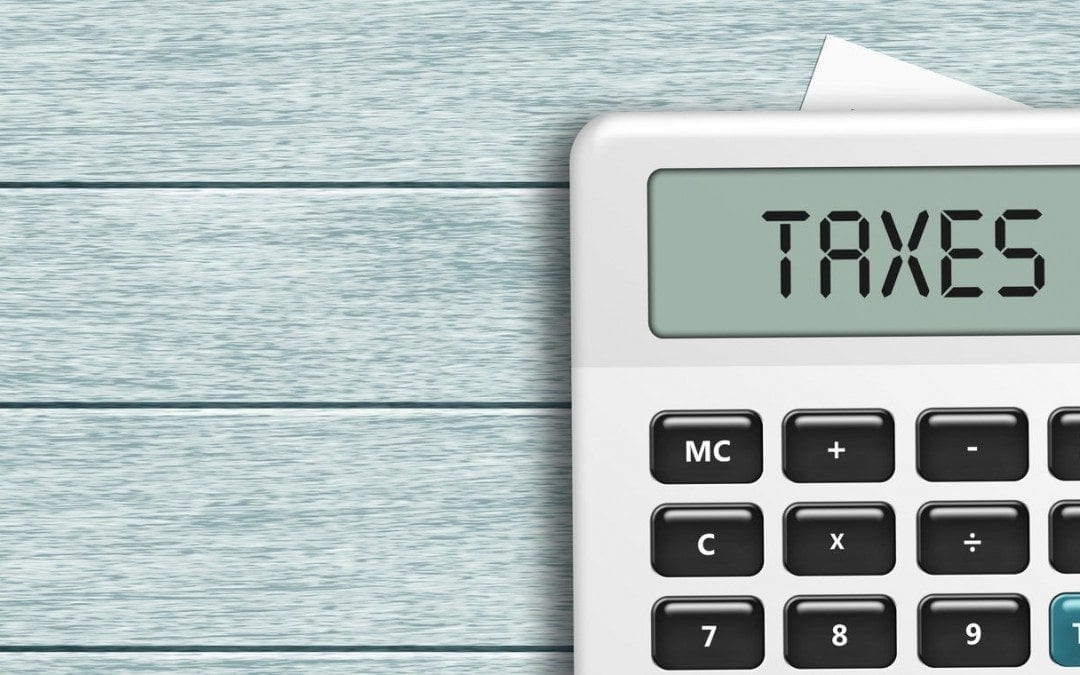
by Angela McIlveen | Feb 4, 2019 | Child Custody, Child Support, Divorce
Representing Men in Divorce Representing men in divorce is tough work. There are still stereotypes about men in divorce. In any divorce case, traditionally the sympathies are with the woman and often men and fathers do not receive a fair/ level playing field. Such...

by Angela McIlveen | Jan 11, 2019 | Divorce, Alimony, Child Support
Child Support It’s that time of year again. The holidays are gone. The tree is down. W-2’s will be in the mail and on their way before you know it. Each year tax season brings with it new law, new questions, and new decisions. Adding a divorce or...

by McIlveen Family Law Firm | Mar 30, 2018 | Child Support
At one time, child support enforcement was lax. Noncustodial parents, mostly fathers who were disparagingly referred to as “Deadbeat Dads,” could cross state lines and escape the enforcement efforts of the state that ordered them to pay to support their...

by McIlveen Family Law Firm | Mar 28, 2018 | Child Support
If you are trying to determine whether you can afford the substantial cost of private school after separating from your spouse, you are not alone. Many families face this issue, and while each case must be decided on its own unique facts, this article provides an...

by McIlveen Family Law Firm | Mar 25, 2017 | Child Custody, Child Support, North Carolina Law
1. What is the “default” custody? If you were never married or if you just filed a “simple” divorce, then custody can be quite messy. While everything may run smoothly if you’re getting along, what happens when you’re not? Unfortunately, many people think that being a...

by McIlveen Family Law Firm | Mar 24, 2017 | Child Custody, Child Support
1. How is Child Support Calculated? Every state determines child support by its own laws. Typically, child support depends on each parent’s income (and, to some extent, expenses), the age of the children, and how many children are involved. You can find child...








